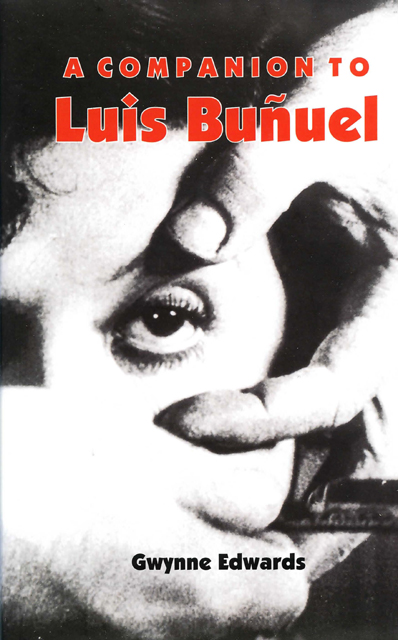Preface
Published online by Cambridge University Press: 05 May 2023
Summary
The influence of Luis Buñuel on other film-makers has been immense and is a clear indication of his importance and artistic stature in what has come to be known as the seventh art. Following the award of an Oscar in 1972 for The Discreet Charm of the Bourgeoisie, Buñuel was invited for lunch by the film-director, George Cukor, and found himself in the company of a number of other famous film-directors: Billy Wilder, George Stevens, John Ford, William Wyler and Alfred Hitchcock. Hitchcock rarely referred to the work of other film-directors, but he admired much of Buñuel’s work, and on this occasion mentioned his fascination with Tristana’s artificial leg. Quite clearly, the image had impressed itself on Hitchcock’s memory in a way that most visual images do not, and it points to the way in which, in Buñuel’s films as a whole, there are so many unforgettable images, from the sliced eye-ball in Un Chien andalou to the struggle for the piece of meat in The Forgotten Ones and Don Lope’s decapitated head in Tristana.
The explanation for the haunting nature of these images lies, of course, in the fact that they are the very stuff of dreams and nightmares, floating to the surface from the unconscious, which Buñuel and the surrealists in general so admired. Their love of the irrational, and therefore of instinctive behaviour unfettered by reason, was also, needless to say, the source of their hostility towards the empty way of life embodied by the bourgeoisie, in which good manners, good taste, self-control and respectability were, and indeed still are, everything. And it explains too the opposition of the surrealists to the behavioural restrictions imposed by the teachings of the Church. In short, Buñuel’s work, far from merely entertaining audiences, grappled with issues that were and are to do with how to live one’s life in the face of pressures that, in his view, seek to deny life. His career as a film-maker was one of uncompromising commitment, and this undoubtedly accounts for the lasting vitality of his films.
- Type
- Chapter
- Information
- A Companion to Luis Buñuel , pp. viiPublisher: Boydell & BrewerPrint publication year: 2005



